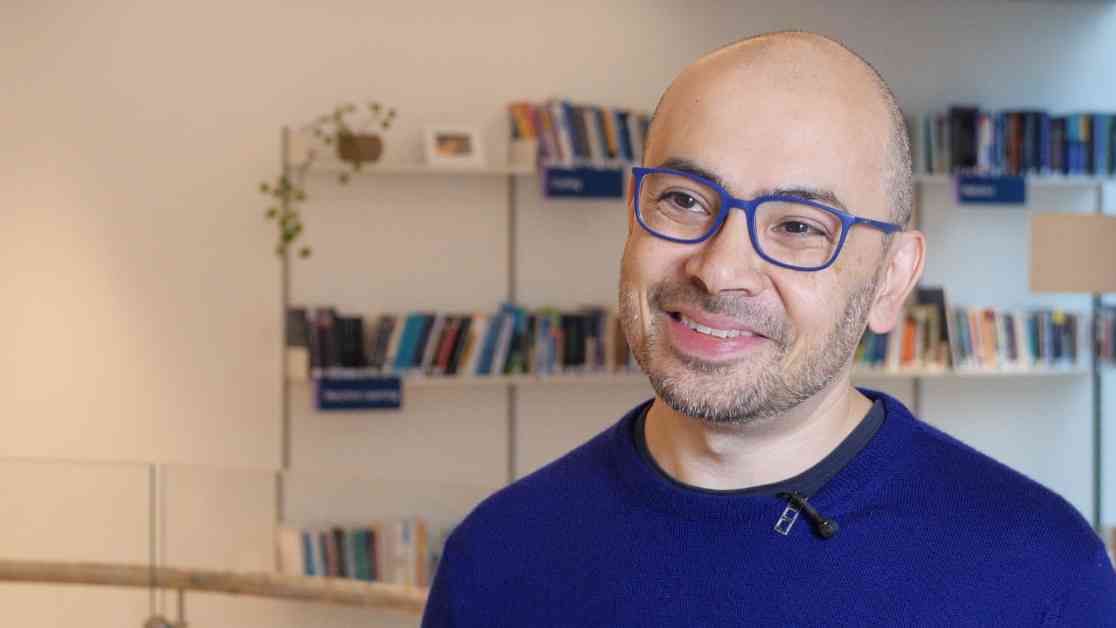The moment Sir Demis Hassabis found out he had won the Nobel Prize for chemistry was quite unusual. The Swedish awards committee had a hard time getting in touch with him, so they ended up calling his wife on Microsoft Teams. After a few ignored calls, Sir Demis’s wife finally picked up and shared the exciting news with him. Along with his colleague Dr. John Jumper and US scientist Dr. David Baker, Sir Demis won the Nobel Prize for their incredible work in artificial intelligence and biology.
Sir Demis and Dr. Jumper, both based in London, received the prestigious award for their groundbreaking research in predicting protein structures. Their AI model, AlphaFold, has the ability to accurately predict the structure of millions of proteins, which are essential components of all living organisms. This work has the potential to significantly impact the development of medicines, vaccines, and overall human health, as stated by the Nobel committee.
Dr. Jumper, who is only 39 years old, became the youngest chemistry laureate in 70 years. His initial disbelief turned into sheer excitement when he received the life-changing phone call from Sweden. The impact of their work goes beyond the Nobel Prize, as it has enabled scientists to gain a deeper understanding of antibiotic resistance and create images of enzymes that can break down plastic.
Despite the groundbreaking nature of their research, there are concerns about the potential risks associated with AI technology like AlphaFold. Some fear that such tools could be misused to create bioweapons or enhance harmful viruses. In response to these concerns, Sir Demis emphasized the importance of being cautious and optimistic about the applications of AI technology.
The trio of winners will share a prize of 11 million Swedish kroner, which amounts to around £810,000. This recognition not only celebrates their remarkable achievements but also highlights the transformative potential of AI in the field of biology and chemistry. Through their work, Sir Demis, Dr. Jumper, and Dr. Baker have paved the way for future discoveries and innovations that could shape the course of scientific research and healthcare.




